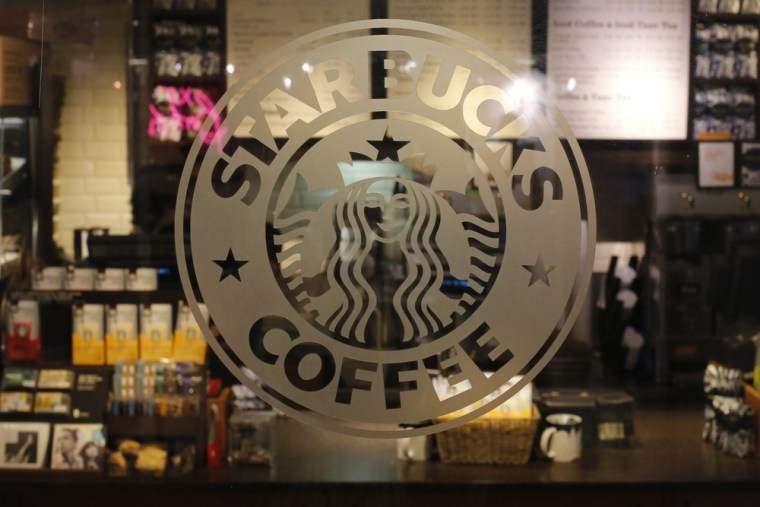A new court ruling on gratuities at Starbucks underscores the uncertainty that the worker you intend to tip by putting cash into a jar will get to see much of that money.
The New York Court of Appeals ruled Wednesday that Starbucks baristas must share the tips collected in plastic containers at the register with shift supervisors. But the court also ruled that assistant store managers aren't eligible for a cut.
The dispute focused on two complaints from different sets of Starbucks employees over who should be able to participate in the tip pool. Currently, the chain splits tips among baristas and shift managers. Managers and assistant managers are not permitted to participate.
During court arguments in May, lawyers for the baristas said the shift supervisors shouldn't be eligible, because they earn a higher hourly wage and perform some managerial duties. In a separate complaint, lawyers for several former assistant store managers argued that they should be eligible, because they often serve customers.
Starbucks had argued that shift supervisors' main duty is still food and drink service, and should be able to partake of the tips but that assistant managers had too much managerial responsibility to be included.
The court agreed. "The [Department of Labor] has consistently and, in our view, reasonably, maintained that employees who regularly provide direct service to patrons remain tip-pool eligible even if they exercise a limited degree of supervisory responsibility," Judge Victoria A. Graffeo wrote in the ruling by the state's top court.
She also wrote that assistant store managers' more extensive managerial duties, including creating schedules and hiring and firing, meant they could not "fairly be characterized as an employee similar to general wait staff."
A spokeswoman for Starbucks said the company is pleased with the court's rulings. "We believe that our customers should have the option to reward our partners for providing great service," she said.
It's not the first time the company has defended its tipping policy.
Among other cases, in 2009, the California Court of Appeals in San Diego ruled that shift supervisors "essentially perform the same job as baristas," and so are entitled to tips. That reversed a ruling in a 2004 class-action lawsuit involving more than 100,000 baristas, which would have awarded them $100 million in restitution and interest.
For all that, tip pools aren't unusual. "It's pretty common practice for anyone who's behind the counter or in the kitchen to split tips," said Johanna Hirschboeck, owner and lead barista at Cuppa Joe in Breckenridge, Colo. Coffee shop owners usually disqualify themselves even if they're preparing drinks, but even managers are be considered part of the pool at some shops, provided they spend their shift pulling shots and serving customers, she said.
Such arrangements are one example of how murky tipping has gotten for consumers, said Aaron Allen, an independent restaurant consultant. It's rarely clear who's getting the money—even if you're handing over cash to a server. "There's such ambiguity that it feels fishy to just about all of those involved," he said.
The line blurs further with the service fees often tacked onto a restaurant or room service bill. Those fees, which can top 22 percent, may not even be gratuities per se, with a portion going toward operating expenses, Allen said.
But when the question of when to tip and how much comes up, diners usually don't have much recourse to avoid any management cut. Tip appropriately for the service received, said Jodi R.R. Smith, the president of Boston-based Mannersmith Etiquette Consulting. "Assume in good faith the tip is going to the server," she said.
—By CNBC.com's Kelli B. Grant. Follow her on Twitter@KelliGrant.
